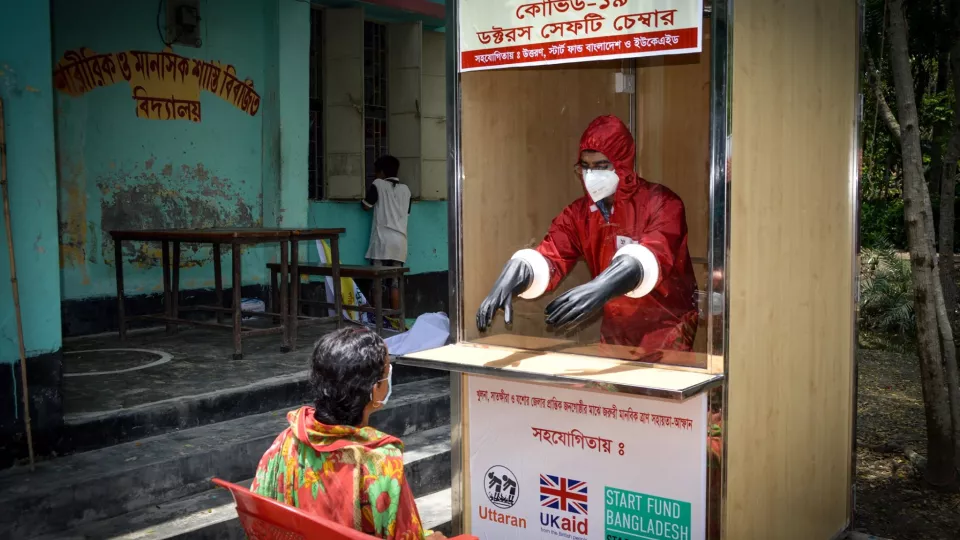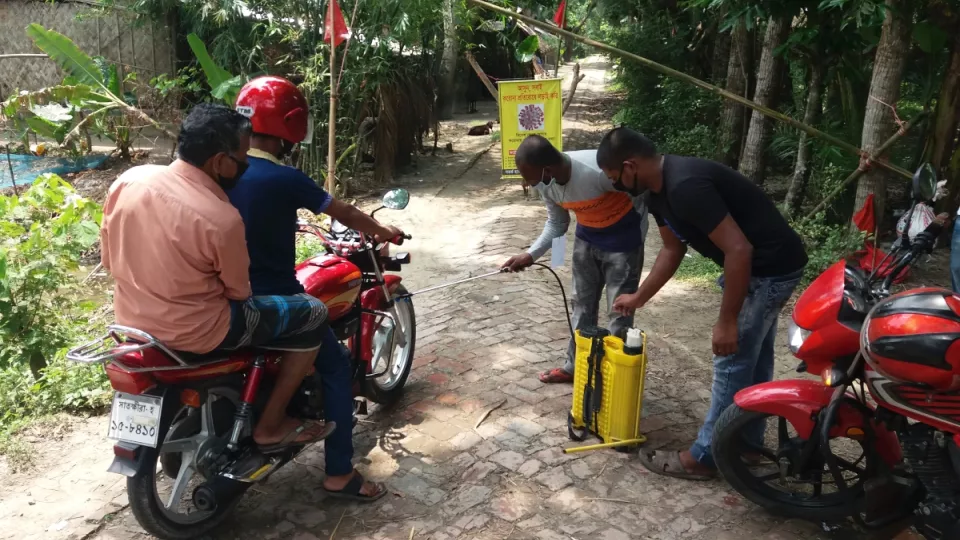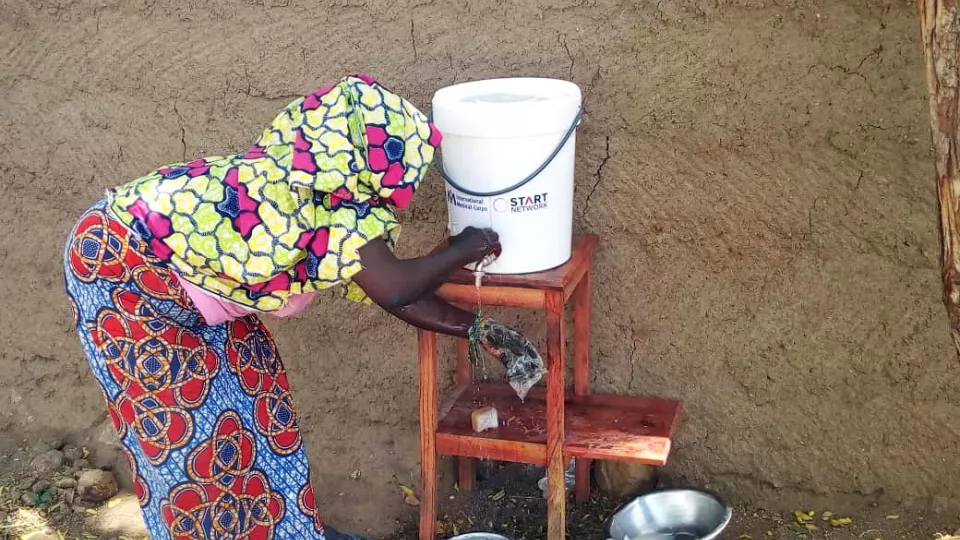
Crisis within a crisis: Meeting the needs of Venezuelan migrants and refugees during the COVID-19 pandemic
Through the support of the Start Fund COVID-19, Solidarités International and Première Urgence Internationale and their local partners Fundación Entre Dos Tierras and Red Humanitaria, are joining forces to meet the critical food and hygiene needs of this vulnerable population.




